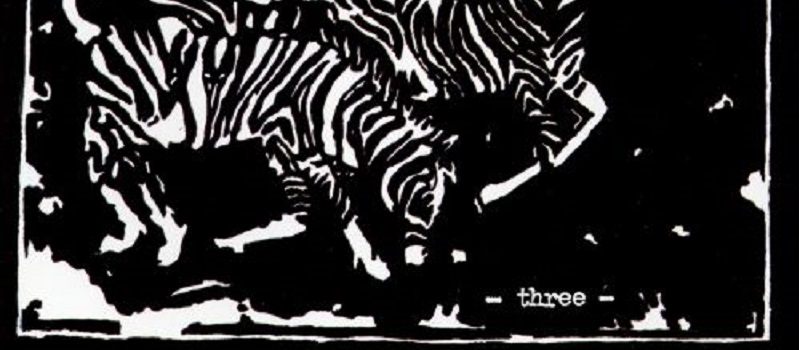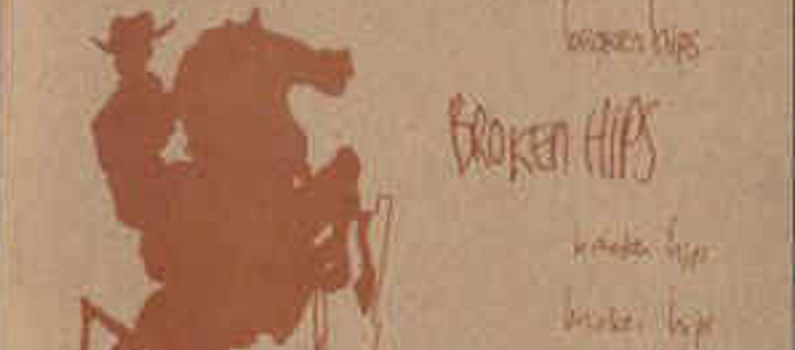If someone set out to find a contemporary outfit to write a ballad for a rainy winter evening or some forgotten gray afternoon, they wouldn’t have to look much further than The Black Heart Procession. The San Diego-based ensemble has, in only the past few years, built a substantial and impressive catalog of dreary-sounding ballads and interesting explorations into darkness, all while coming off as more passionate than much of its guitar-driven brethren.
While many of the songs on the ensemble’s previous release, “Two” (Touch & Go Records, 1999), were moving and emotive pieces, the new album (entitled, appropriately enough, “Three”) gains a lot from an almost subliminal cohesion, a kind of thread running through each of the album’s ten songs.
Whether it’s Pall A. Jenkins’ pained and nasal wail in songs like “I Know Your Ways,” the tender acoustic guitars of “Guess I’ll Forget You,” or the distant, almost ancient-sounding percussion of “On Ships of Gold,” there are elements throughout that make “Three” seem more complete than much of what has preceded it.
Saying that the record is impressive merely due to some sense of musical unity, however, doesn’t mean that each of the album’s tracks cannot stand on their own.
Quite the contrary, “Waterfront (The Sinking Road),” the album’s fourth track, is among the best that Black Heart has written to date, an unpolished gem of a song that ties Jenkins’ eerie, effecting vocals and the banshee wail of saws and echoes to a percussive backbone of piano and drums.
The opening “We Always Knew” begins with a simple distorted guitar line and gradually unfolds into another of the album’s best. “Never From This Heart” is punctuated with whispers and howls from musical saws, trumpets and organs.
The album’s eighth track, the vibrant and almost bouncy “A Heart Like Mine,” generates a comforting warmth with the use of swaying electric guitars, piano, and vocals. “On Ships of Gold” features a noise-washed duet between Jenkins and a voice distorted by telephone lines, the phrase “I didn’t know” repeated ad infinitum to the point of numbness.
But while The Black Heart Procession seems to feed off somber reflections of love and loss, the record doesn’t seem to wallow in the darkness as much as it wades through it.
“Guess I’ll Forget You” could be defined by much of its pensive lyrics (A stand-out being the somewhat-cliched but moving “But before I go, I must say that in my heart you’ll always be found”), but it is not melancholy for melancholy’s sake.
The band balances its somber and often bittersweet edge with departures on piano, trumpet, samples and effects. Far from feeling either excessive or pointless, the integration of these random sounds fleshes out the songs, making them feel almost more human and real, vulnerable in their emotional display at the same time that they are highly assured in terms of composition.
The album is not without its flaws (The first few songs of the record become so burned into memory that much of the album’s latter half feels anti-climactic) and it’s premature to start tossing around expressions like “brilliant” and “groundbreaking,” but something definitely can be said of “Three.”
It provides an interesting and emotive soundtrack for a cloudy sky. – The Montclarion, Nov. 30, 2000




